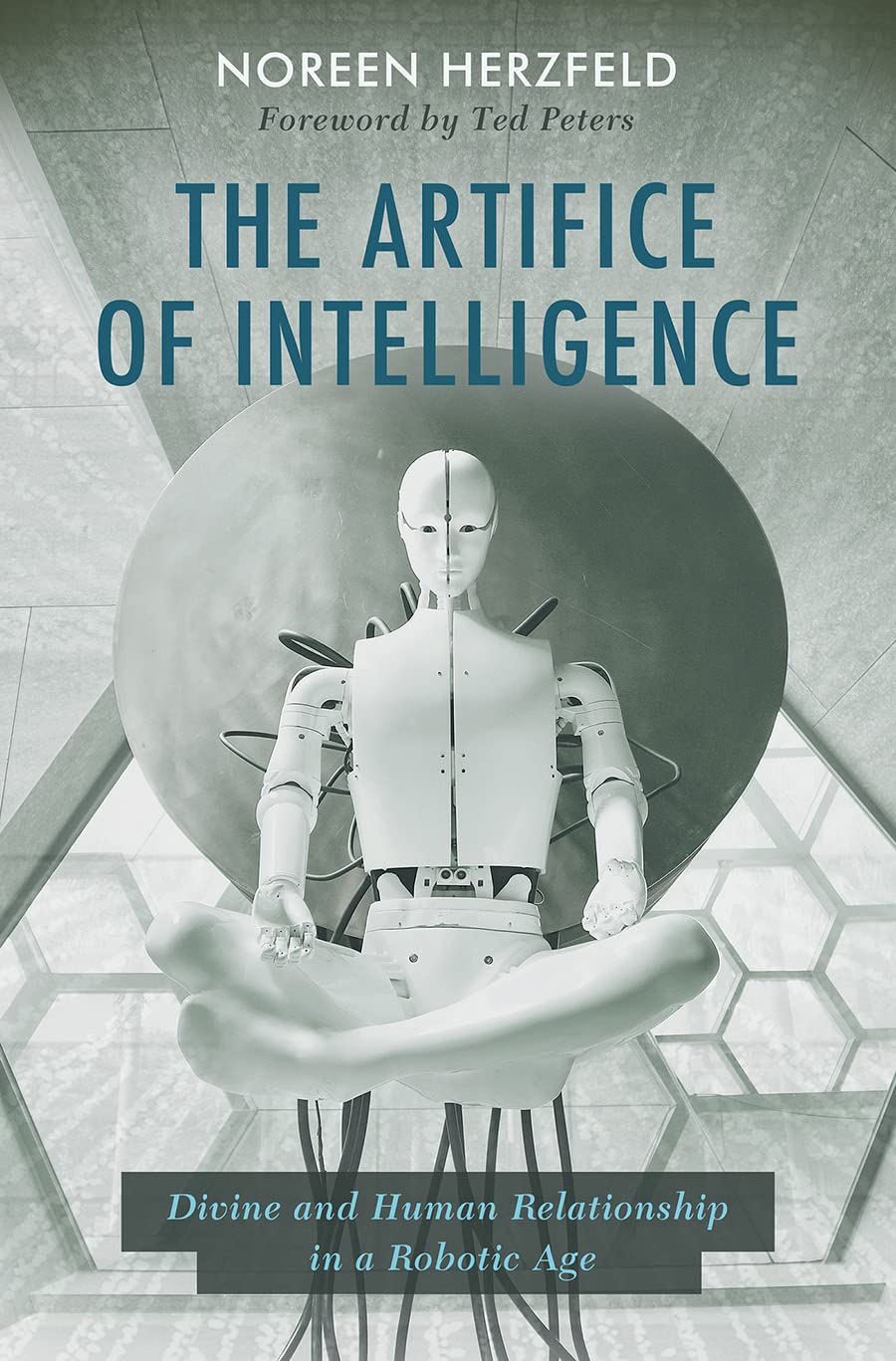
Review by Rev. Dennis Abraham (First published in Tiqvah Vol 1 Issue 3)
Artificial Intelligence (AI) is an evolving phenomenon that continues to be a subject of conversation and continuous research by scholars covering a variety of academic disciplines. The integration of AI into everyday life cannot go without mention, and hence it is difficult to avoid it as it is progressively getting integrated not only into information technology, but also into the lives of human beings today, whether we know it or not.
This new work by Noreen Herzfeld, a Professor of Science and Religion, explores the potentials and complexities that arise in the human relationship with AI. Herzfield’s primary methodology, particularly in enumerating the image of God, imago dei, is inspired from the Swiss theologian Karl Barth’s relational understanding of the image of God, and how it helps us to understand humanity in relation to AI. Furthermore, Herzfeld provides insights for a theological response to AI from the perspective of two questions: Is it possible for human beings to have authentic relationships with AI? How does the increasing presence of AI change the way humans relate to one another?
Herzfeld’s proposal is to develop a proper Christian framework, that will help one to respond while thinking through and carefully considering the continuously evolving relationship and the concurrent complexities of AI. The conclusion invites the reader to reflect on the incarnation and draws the attention of the reader centrality of the embodiment for full relationality.
The book is intelligently and each chapter is written with a constant intent: each chapter ends with a case study and how to consider AI’s application to human life and the complexities that emerge with human relationships. AI is an evolving discipline of study, hence literature and other scholarly works related to AI, and particularly its intersection with theology are limited. This work serves as an introductory resource for one to understand AI, and also how to see AI through the theological framework.
This book is recommended for those who want an intermediate understanding of Artificial Intelligence, and want to have a well-informed understanding of AI in order to understand formulate an appropriate Christian response. The book can be useful as it provides insights for faith communities, who may want to answer questions about the spirit, nature, and challenges of Artificial intelligence.
